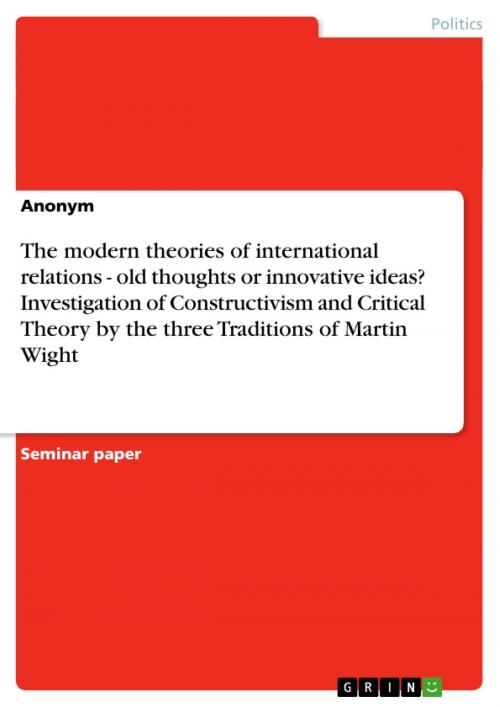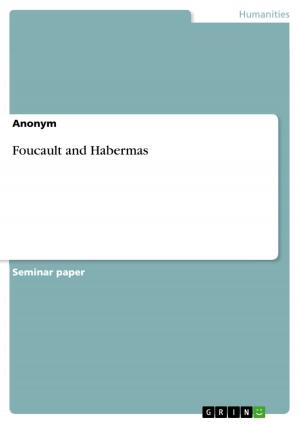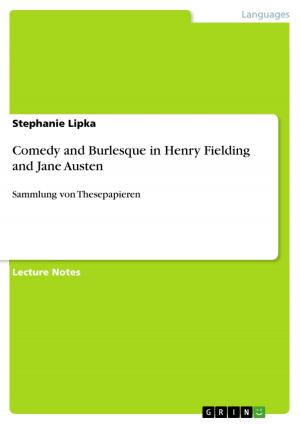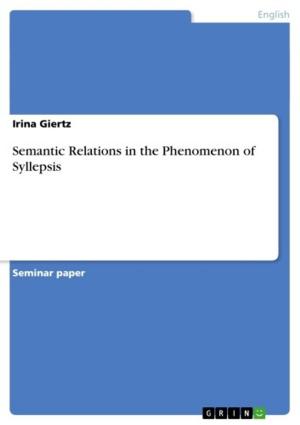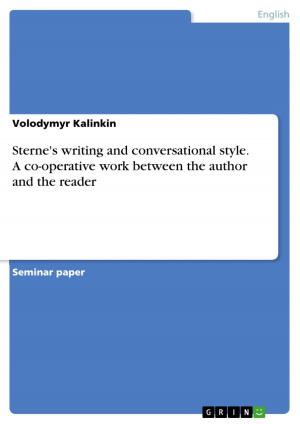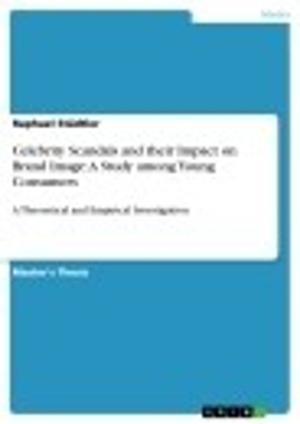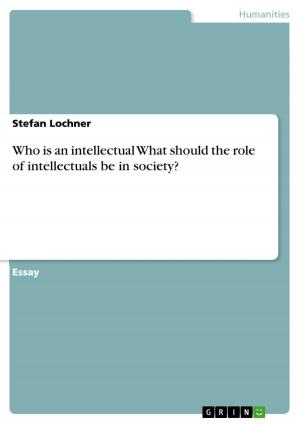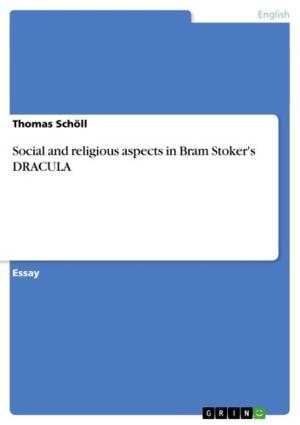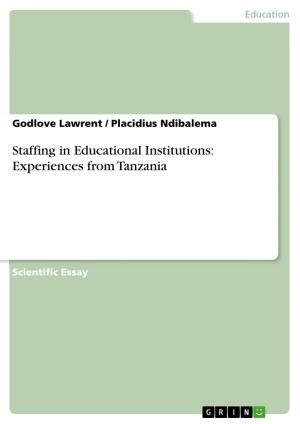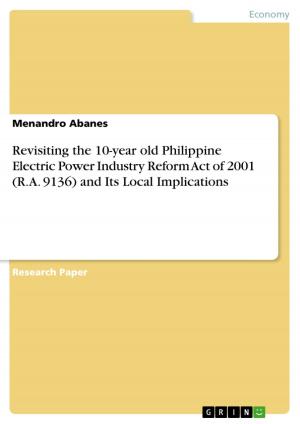The modern theories of international relations - old thoughts or innovative ideas? Investigation of Constructivism and Critical Theory by the three Traditions of Martin Wight
old thoughts or innovative ideas? Investigation of Constructivism and Critical Theory by the three Traditions of Martin Wight
Nonfiction, Social & Cultural Studies, Political Science, Politics, History & Theory| Author: | Aonymous | ISBN: | 9783638467100 |
| Publisher: | GRIN Publishing | Publication: | February 9, 2006 |
| Imprint: | GRIN Publishing | Language: | English |
| Author: | Aonymous |
| ISBN: | 9783638467100 |
| Publisher: | GRIN Publishing |
| Publication: | February 9, 2006 |
| Imprint: | GRIN Publishing |
| Language: | English |
Seminar paper from the year 2005 in the subject Politics - Political Theory and the History of Ideas Journal, grade: 2,0, http://www.uni-jena.de/ (Politikwissenschaft), course: Politische Philosophie der internationalen Beziehungen, 15 entries in the bibliography, language: English, abstract: Martin Wight, a lecturer of international business relations, member of the 'British Committee', as well as founder of the English School, first mentioned in his lectures the three traditions of the international theories which have been edited in a book with the title 'Martin Wright, International theory: the three traditions' by his former students after his death. In his reflections about the international politics and the leading theories he tries to classify the three leading schools and to show the continuity of those. In this connection, the two basic facts of the international relations are formulated. Firstly that there is no 'body' in the international theory , but the individual schools of theory influence and cross each other, and secondly that the new theoreticians learn from the old ideas, so that the new theories are simply shift of the stress in the old kind of thinking, but do not represent a new and independent theory, or to say it with Wights words: ' (the) leading premiss is that political ideas do not change much, and the range of ideas is limited.' Based on this assumption I will analyse in the following the Constructivism of Alexander Wendt und the Critical Theory according to Andrew Linklater which belong to the post-positivistic group of the international theories. In this connection I will use Wight's traditions to check, whether his claims will be acknowledged or whether these modern theories establish a new and independent line. Starting with a short introduction in the main characteristics and main statements of the several schools I will assign the modern theoreticians to the corresponding traditions of Martin Wight using the statements concerning the human nature, the international society, the national state as well as the foreign policy and the international law. Furthermore I will check whether and where they are similar in order to discuss an conclusion where there are differences and similarities between the ancient and the new 'thinkers' and to what extent the statement of Wight is justified or not.
Seminar paper from the year 2005 in the subject Politics - Political Theory and the History of Ideas Journal, grade: 2,0, http://www.uni-jena.de/ (Politikwissenschaft), course: Politische Philosophie der internationalen Beziehungen, 15 entries in the bibliography, language: English, abstract: Martin Wight, a lecturer of international business relations, member of the 'British Committee', as well as founder of the English School, first mentioned in his lectures the three traditions of the international theories which have been edited in a book with the title 'Martin Wright, International theory: the three traditions' by his former students after his death. In his reflections about the international politics and the leading theories he tries to classify the three leading schools and to show the continuity of those. In this connection, the two basic facts of the international relations are formulated. Firstly that there is no 'body' in the international theory , but the individual schools of theory influence and cross each other, and secondly that the new theoreticians learn from the old ideas, so that the new theories are simply shift of the stress in the old kind of thinking, but do not represent a new and independent theory, or to say it with Wights words: ' (the) leading premiss is that political ideas do not change much, and the range of ideas is limited.' Based on this assumption I will analyse in the following the Constructivism of Alexander Wendt und the Critical Theory according to Andrew Linklater which belong to the post-positivistic group of the international theories. In this connection I will use Wight's traditions to check, whether his claims will be acknowledged or whether these modern theories establish a new and independent line. Starting with a short introduction in the main characteristics and main statements of the several schools I will assign the modern theoreticians to the corresponding traditions of Martin Wight using the statements concerning the human nature, the international society, the national state as well as the foreign policy and the international law. Furthermore I will check whether and where they are similar in order to discuss an conclusion where there are differences and similarities between the ancient and the new 'thinkers' and to what extent the statement of Wight is justified or not.
